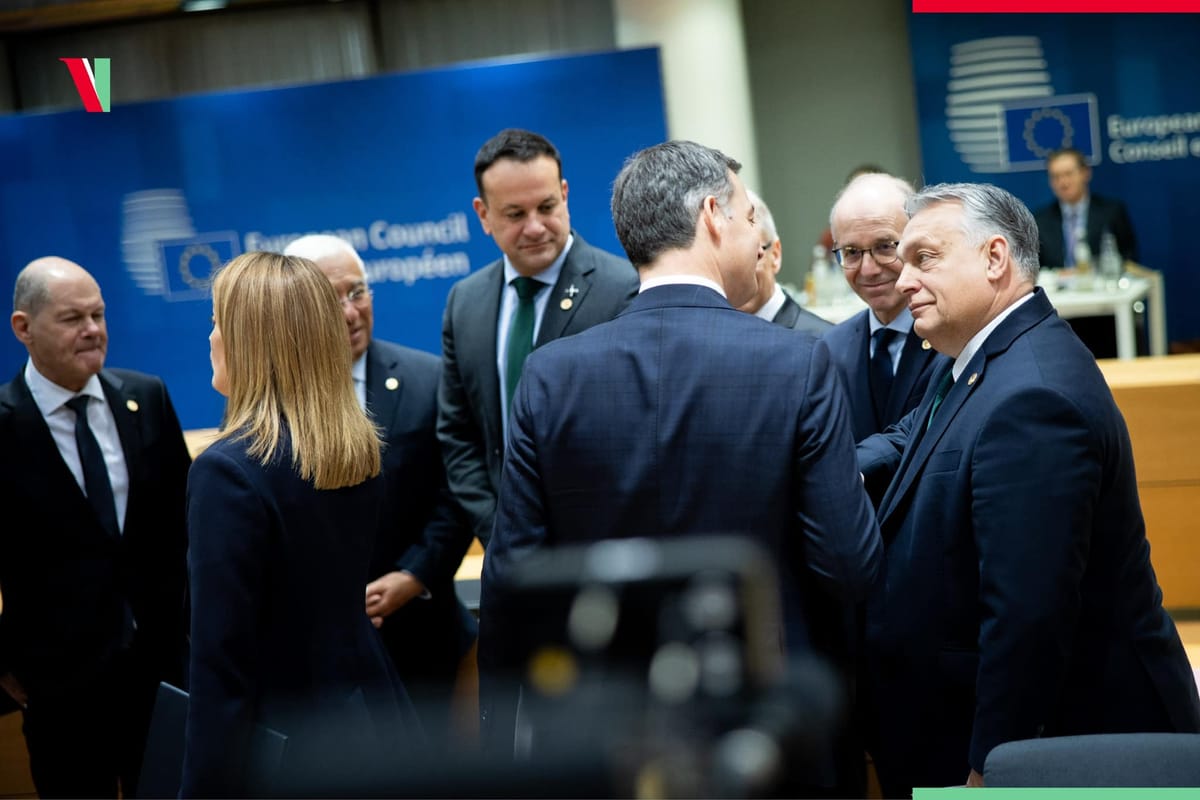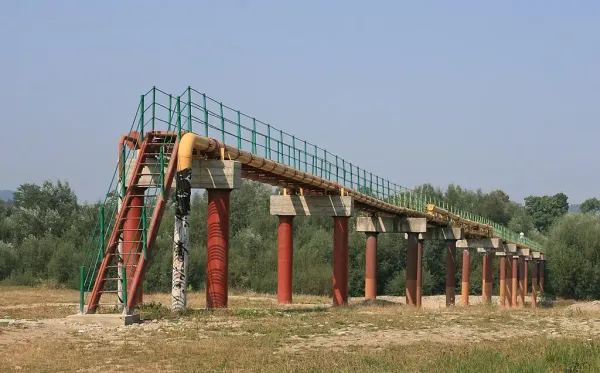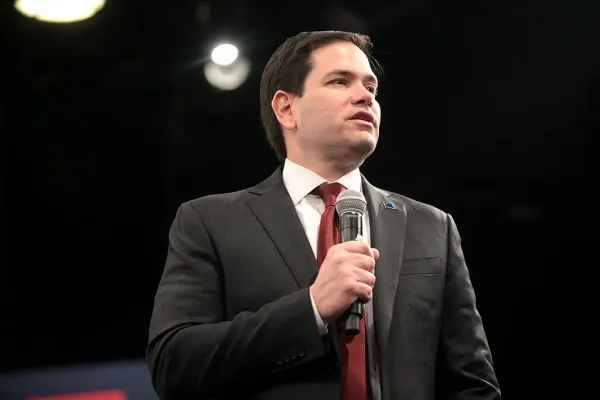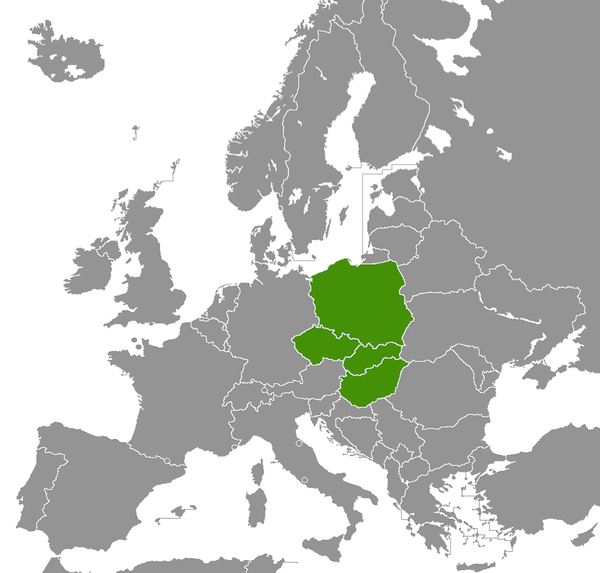
Orban drops Ukraine aid package veto
Hungarian Prime Minister Viktor Orban agreed to a EUR 50bn, 4-year package for Ukraine on Thursday, 1 February, after vowing to block the funds since December.
The package is designed to financially keep afloat Ukraine’s hospitals and schools, as well as civil servants’ wages and pensions.
Oban was reportedly persuaded in discussions with French President Emmanuel Macron, Italian Prime Minister Giorgia Meloni, German Chancellor Olaf Scholz, and European Commission and Council presidents Ursula von der Leyen and Charles Michel.
On Thursday, Michel tweeted: “We have a deal. All 27 leaders agreed on an additional EUR 50bn support package for Ukraine within the EU budget.”
Ukrainian President Volodymyr Zelenskyy said the decision “once again proves strong EU unity”. Some leaders were reportedly furious for having had to travel to Brussels for the emergency summit, called due to Orban’s December veto, only for him to drop it Thursday morning, according to UK daily The Guardian.
The EU’s head diplomat Josep Borrell, said Wednesday that the bloc expected to hit just over half of its target to send one million rounds of shells to Ukraine by March. He added that EU countries plan to train another 20,000 Ukrainian soldiers, on top of the 40,000 it has already prepared for battle.
Orban claims victory over deal
For his part, Orban said in a video posted on Facebook on Thursday that the Hungarian government “has fought for and been given a guarantee” that funds due to Hungary “cannot be sent to Ukraine”.
“Mission accomplished,” Orban tweeted Thursday, keen to present the breakthrough as a victory. Hungary’s funds will not end up in Ukraine and we have a control mechanism at the end of the first and the second year. Our position on the war in Ukraine remains unchanged: we need a ceasefire and peace talks.”
Only two additional paragraphs were reportedly added to earlier draft conclusions, calling for the European Commission to review the budgetary framework in two years, and allowing a debate “if needed”.
The previous day Orban met agricultural workers protesting in Brussels, saying looser regulations on Ukrainian farmers had created “unfair competition”, adding that Hungarians, Poles and Slovaks “are the first to feel that burden, as we live in Ukraine’s neighbourhood.”
Tusk gives frosty response regarding Orban
On his way into the summit, Polish Prime Minister Donald Tusk was asked what he would be saying to Orban. “Nothing nice,” was his reply. Tusk said later that there is no problem with so-called Ukraine fatigue (however) for sure we have Orban fatigue now in Brussels.”
The EU could ensure Hungarian state money is only spent on non-lethal weapons, in a compromise deal, Brussels-based website Politico learned.
The powerful EU countries are attempting to use “harsh and unacceptable forms of blackmail” against Hungary, Orban’s Prime Minister’s Office head Gergely Gulyas said Thursday. Hungary has long said a ceasefire and peace talks are needed, but most EU member states were “pro-war”, he told members of the press at a government press briefing.





